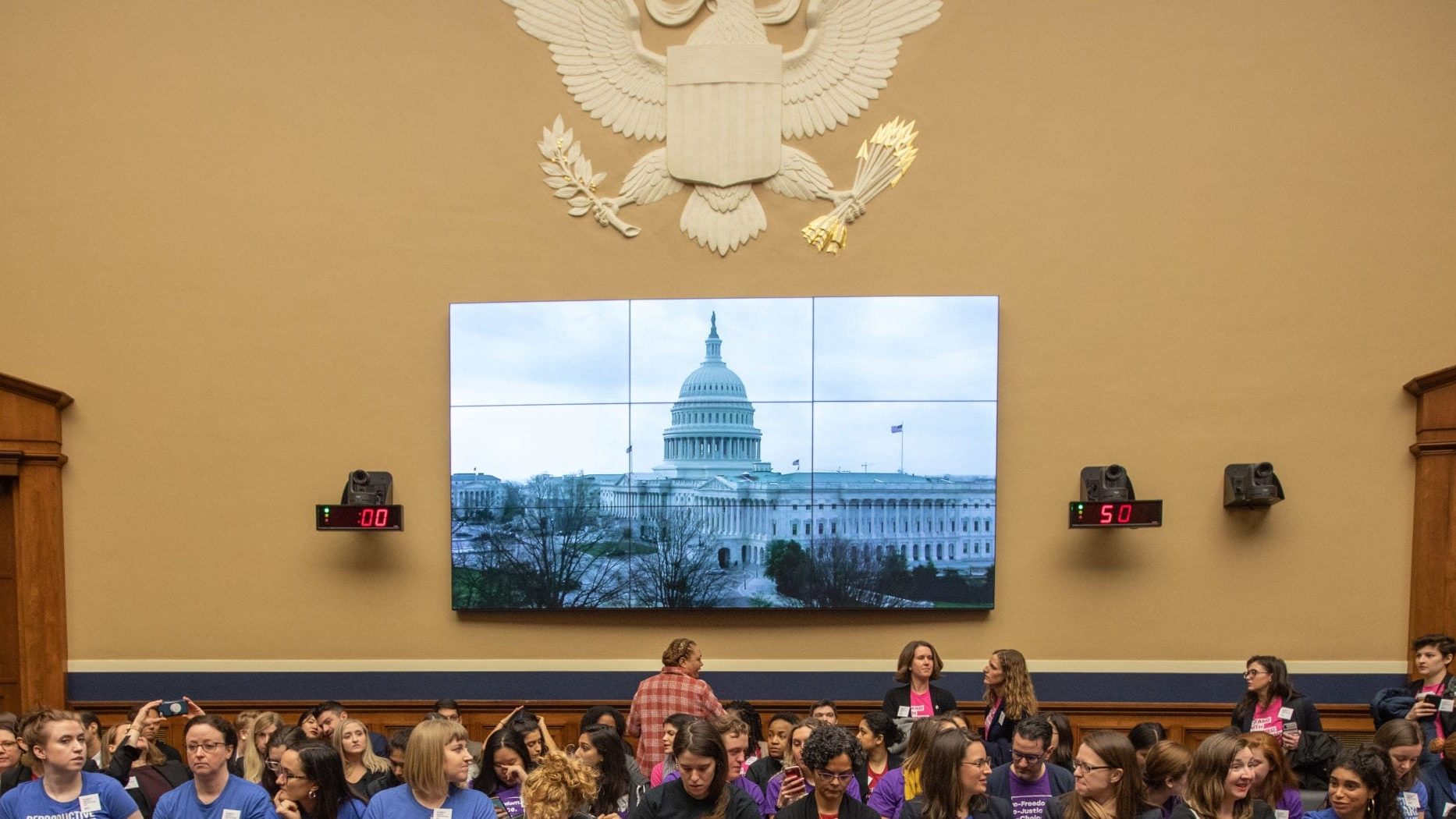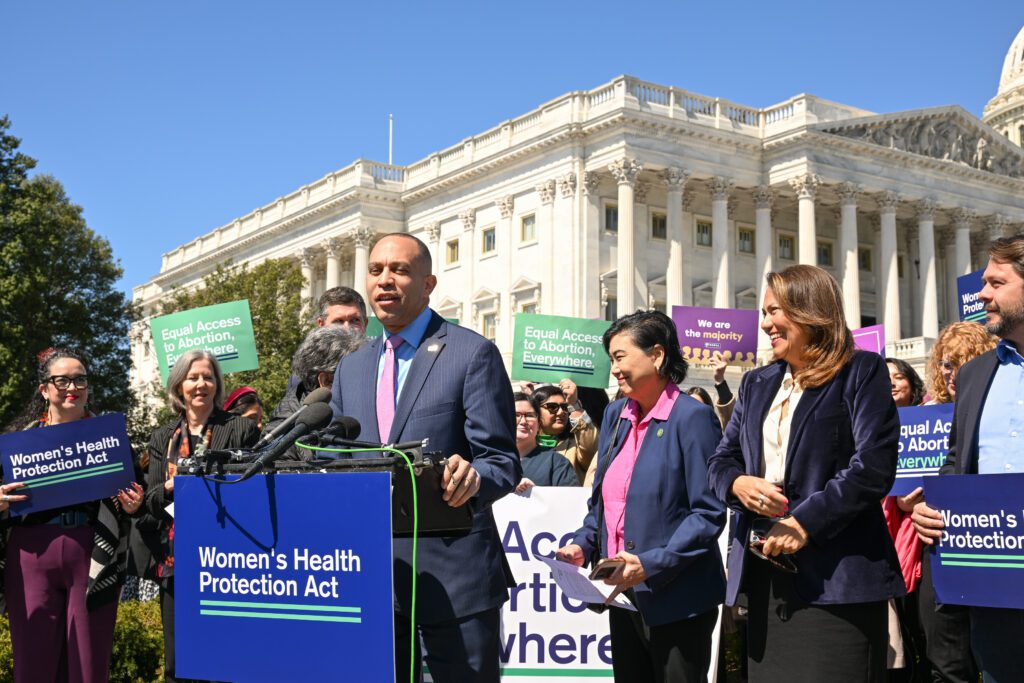U.S. Senate Holds Hearing on the Women’s Health Protection Act
Bill would protect the right to access abortion across the U.S.

Reproductive health, rights, and justice experts and advocates testified before the U.S. Senate in support of the Women’s Health Protection Act of 2021 (S.1975), federal legislation that protects the right to access abortion free from medically unnecessary restrictions and bans that impede access in states across the country.
Watch a replay of the hearing here.
The hearing took place June 16 before the Senate Judiciary Subcommittee on the Constitution, chaired by Senator Richard Blumenthal (D-CT), who is one of the bill’s lead sponsors in the Senate along with Senator Tammy Baldwin (D-WI).
A panel of witnesses testified in support of the Women’s Health Protection Act (WHPA), including Dr. Jamila Perritt, President and CEO of Physicians for Reproductive Health; Michele Goodwin, Chancellor’s Professor of Law at University of California, Irvine; and Tohan, an abortion storyteller, who testified about the burdensome state restrictions she had to overcome to access abortion care.
In a statement, Nancy Northup, President and CEO of the Center for Reproductive Rights, said of the importance of this hearing: “The United States has never been closer to losing the fundamental right to access abortion than right now. State legislators have passed so many restrictions that abortion is already out of reach for many people. WHPA is the answer to these politically-motivated, unconstitutional restrictions and the time for Congress to act is now.”
The Women’s Health Protection Act was reintroduced on June 8, just weeks after the U.S. Supreme Court announced that it will hear a case—on a Mississippi law banning abortion after 15 weeks of pregnancy—that presents a direct challenge to Roe v. Wade. The Senate bill (S.1975), introduced by Senators Blumenthal and Baldwin, has support from 48 Senators, a record high for the bill first introduced in 2013. Representatives Judy Chu (D-CA), Lois Frankel (D-FL), Ayanna Pressley (D-MA), and Veronica Escobar (D-TX) introduced an identical bill (H.R. 3755) which has 183 supporters in the House.
The Women’s Health Protection Act of 2021 would create a new legal protection for providers to provide abortion care, and their patients to receive care, free from medically unnecessary restrictions and bans on abortion, including mandatory delays, biased counseling, medically unnecessary procedures, and bans like the 15-week ban at issue in the upcoming Supreme Court case.
The Center for Reproductive Rights submitted testimony for the congressional record, stating:
In its landmark 1973 decision, Roe v. Wade, and in a long line of subsequent decisions, the Supreme Court of the United States has affirmed that the Constitution’s guarantees of personal privacy and liberty protect a person’s right to end a pregnancy prior to viability. Despite this constitutional guarantee, dozens of states have persistently introduced and passed hundreds of harmful, restrictive laws, creating widespread barriers to abortion care across the United States, particularly across the South and in parts of the Midwest. These attacks have only intensified in recent years, as dozens of states have introduced or enacted blatantly unconstitutional bans on abortion at various stages of pregnancy. Despite the onslaught of such measures, courts have consistently rejected recent state efforts to enact pre-viability bans on abortion in their gambit to overturn Roe v. Wade. But now, the Supreme Court is poised to address a pre-viability abortion ban from Mississippi that is a direct challenge to Roe and the longstanding protections for abortion rights that build on that critical jurisprudence. It is imperative that Congress protect access to abortion from the avalanche of state laws that ban, unduly burden, and present a substantial obstacle to abortion access and violate the Constitution under any test…
The Women’s Health Protection Act is the legislative solution necessary to address the growing disparity in access to abortion care, which is essential for racial, reproductive, and economic justice. By passing the Women’s Health Protection Act, Congress can affirm the rights of every person—regardless of who they are or where they’re from—to make the best health care decisions for themselves, their families, and their lives.
Watch the hearing replay here.
Read more:

